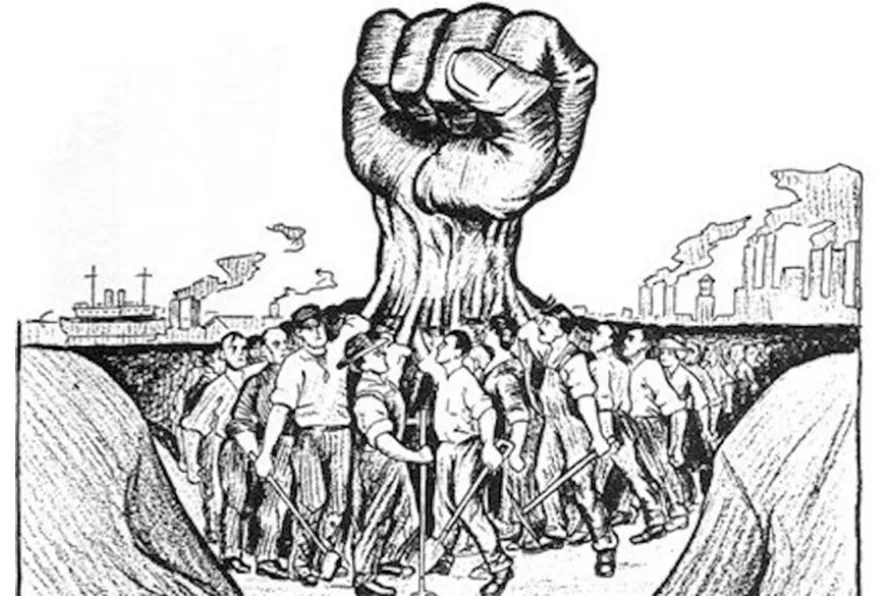Power is in our hands
Unions call for working people to head off the threat of a Tory evisceration of labour rights post-Brexit


TRADE UNIONISTS urged Britain’s workers to “generate industrial power in the workplace” after legal experts warned the next decade will be full of “ambiguity” for workers’ rights.
Irwin Mitchell solicitors have expressed concern that the Withdrawal Act 2020, which agreed that Britain would leave the European Union on January 31, has no guarantees about enshrining European labour legislation into British law.
Although Britain will follow all EU law during the transition period ending on December 31, Irwin Mitchell’s Sybille Steiner said that the Act “does not contain any reassurances about worker rights.”
Similar stories

Campaigners urge government to stop surrendering our rights and protections to appease the US President

Falling short of what was promised: many of the new rights in the Employment Rights Bill have defects or escape loopholes that all need addressing, writes LORD JOHN HENDY KC

RMT senior assistant general secretary EDDIE DEMPSEY highlights the priorities for the union’s meeting taking place in York











